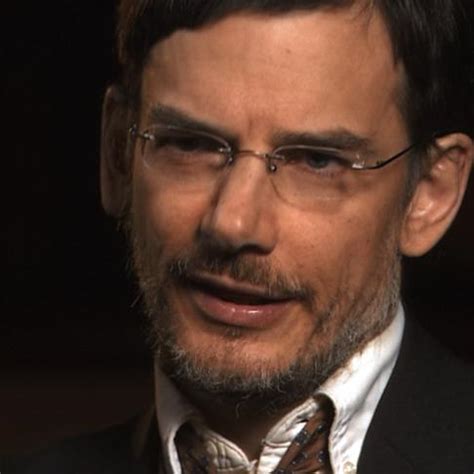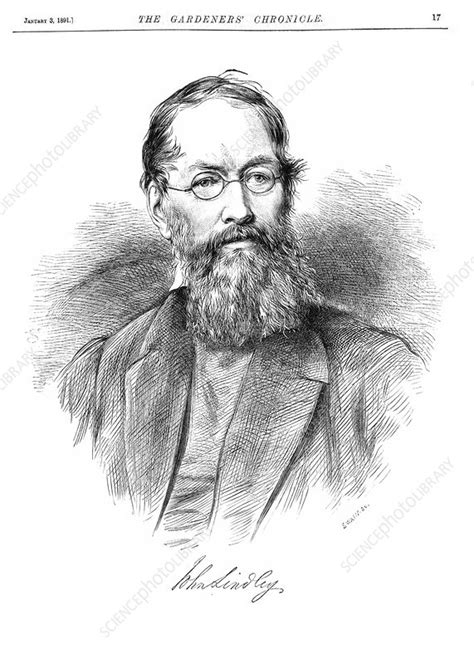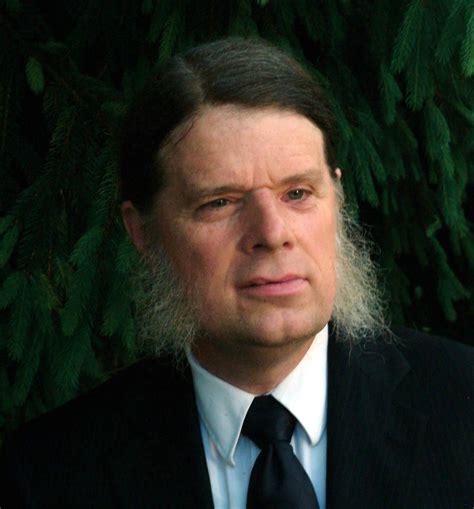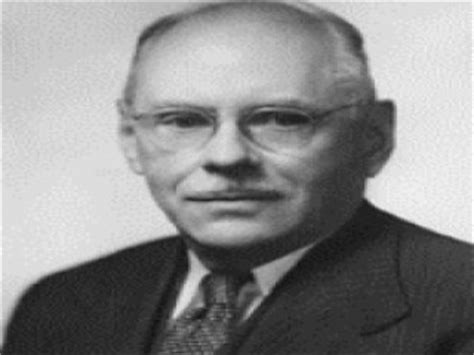A Quote by Nassim Nicholas Taleb
Probability and expectation are not the same. Its probability and probability times the pay off.
Quote Topics
Related Quotes
According to theism, if a universe is to have any probability of existing, this probability is dependent upon God's beliefs, desires and creative acts. But the Hartle-Hawking probability is not dependent on any supernatural considerations; Hartle and Hawking do not sum over anything supernatural in their path integral derivation of the probability amplitude.
It follows that the word probability, in its mathematical acceptance, has reference to the state of our knowledge of the circumstances under which an event may happen or fail. With the degree of information we possess concerning the circumstances of an event, the reason we have to think that it will occur, or, to use a single term, our expectation of it will vary. Probability is the expectation founded upon partial knowledge.
The risk of an investment is described by both the probability and the potential amount of loss. The risk of an investment-the probability of an adverse outcome-is partly inherent in its very nature. A dollar spent on biotechnology research is a riskier investment than a dollar used to purchase utility equipment. The former has both a greater probability of loss and a greater percentage of the investment at stake.
Projects are usually undertaken to either solve a problem or take advantage of an opportunity. The probability that the project - even if precisely executed - will complete on time, on budget, and on performance is typically small. Project management is utilized to increase this probability. So in a sense, project management is risk management.
The source of Pyrrhonism comes from failing to distinguish between a demonstration, a proof and a probability. A demonstration supposes that the contradictory idea is impossible; a proof of fact is where all the reasons lead to belief, without there being any pretext for doubt; a probability is where the reasons for belief are stronger than those for doubting.
Among all the occurrences possible in the universe the a priori probability of any particular one of them verges upon zero. Yet the universe exists; particular events must take place in it, the probability of which (before the event) was infinitesimal. At the present time we have no legitimate grounds for either asserting or denying that life got off to but a single start on earth, and that, as a consequence, before it appeared its chances of occurring were next to nil. ... Destiny is written concurrently with the event, not prior to it.

































